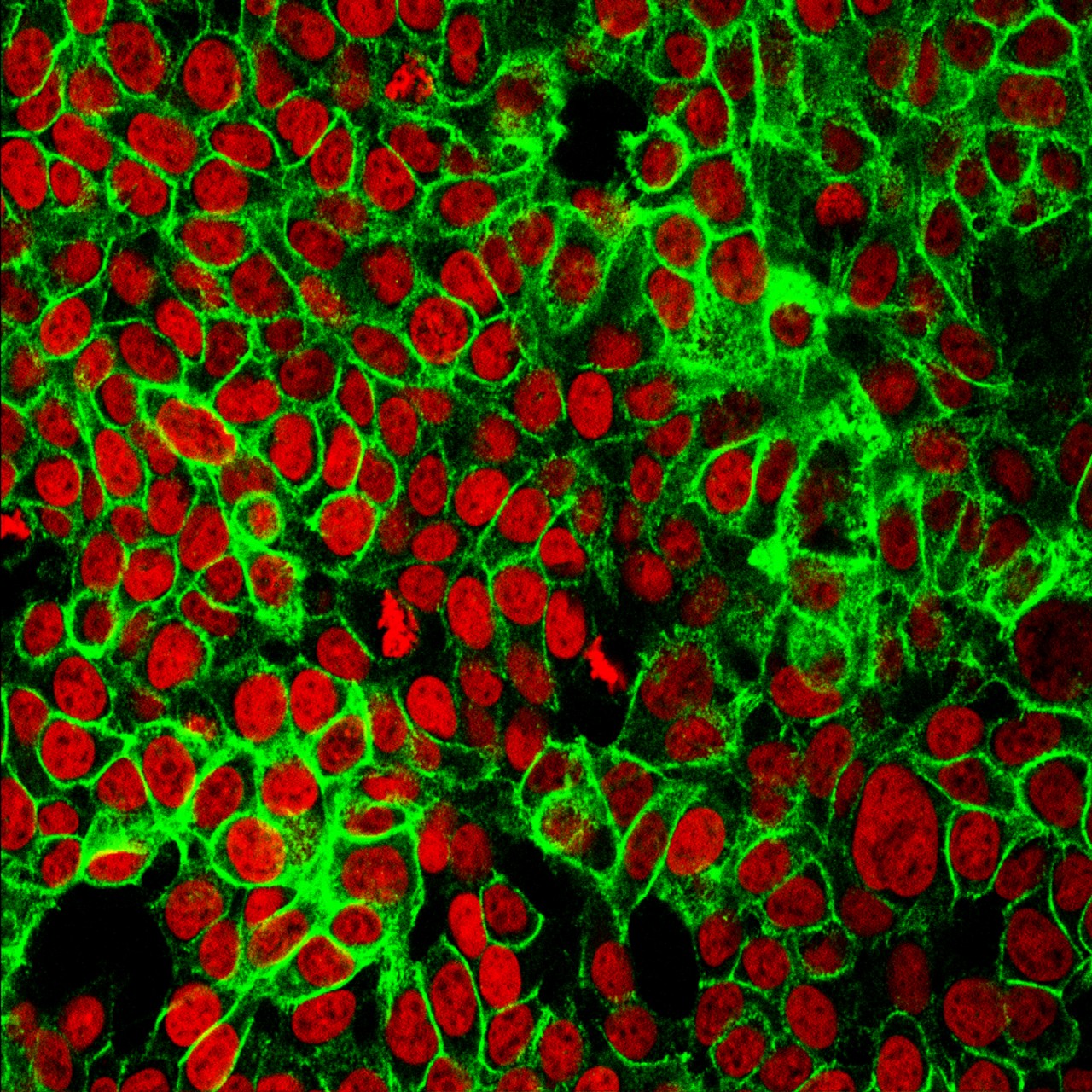
The mystery of what’s causing young people’s cancer leads to the gut
UC expert featured in Wall Street Journal article
The University of Cincinnati Cancer Center's Jordan Kharofa was featured in a Wall Street Journal article discussing the role of diet and the gut in rising levels of gastrointestinal (GI) cancers among young people.
GI cancer rates among people under 50 are increasing worldwide. Colorectal cancer is the leading cause of cancer death in the U.S. in men under 50 and second for women behind breast cancer. As these rates increase, more researchers including Kharofa have turned to the gut for answers.
“There’s an interplay most likely between the things we eat, the bacteria in the gut, and what those bacteria produce,” said Kharofa, MD, a Cancer Center physician researcher and associate professor and vice chair of education in the Department of Radiation Oncology in UC's College of Medicine.
Kharofa's research has found one species of bacteria in the gut that is associated with a sulfur microbial diet, or a diet that is both high in processed meats, low-calorie drinks and liquor and low in raw fruits, vegetables and legumes, is found in higher levels in young colorectal cancer patients.
Read more about Kharofa's research.
Read the Wall Street Journal article.
Featured photo at top of colorectal cancer cells courtesy of the National Cancer Institute.
Related Stories
The mystery of what’s causing young people’s cancer leads to the gut
January 7, 2025
The University of Cincinnati Cancer Center's Jordan Kharofa was featured in a Wall Street Journal article discussing the role of diet and the gut in rising levels of gastrointestinal cancers among young people.
Lattice therapy can help target tumors
August 19, 2024
Rio Grande Valley, Texas news station KRGV-TV highlighted University of Cincinnati Cancer Center researcher Andrew Frankart's new trial testing lattice therapy to provide more targeted radiation for patients with large tumors.
Chronic skin disorder risk reduces over smoke-free years
September 5, 2024
The University of Cincinnati's Robert Van Haren was featured in a MedCentral article discussing recent research that found smoking cessation significantly reduced the risk of developing skin condition hidradenitis suppurativa.
